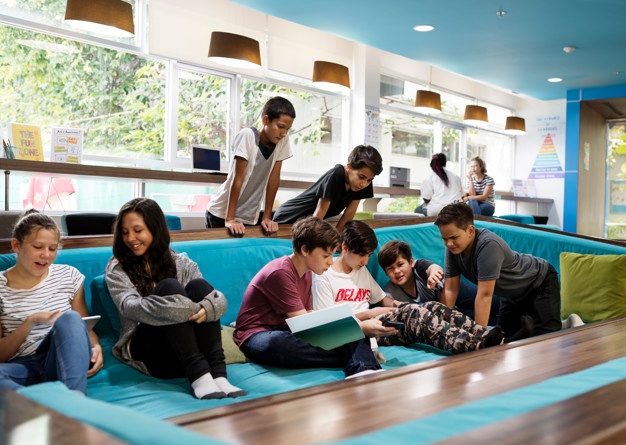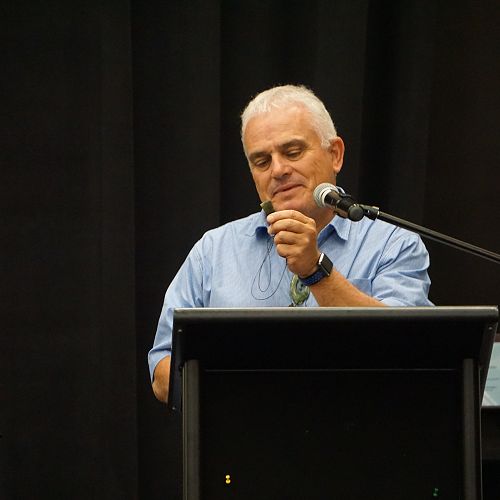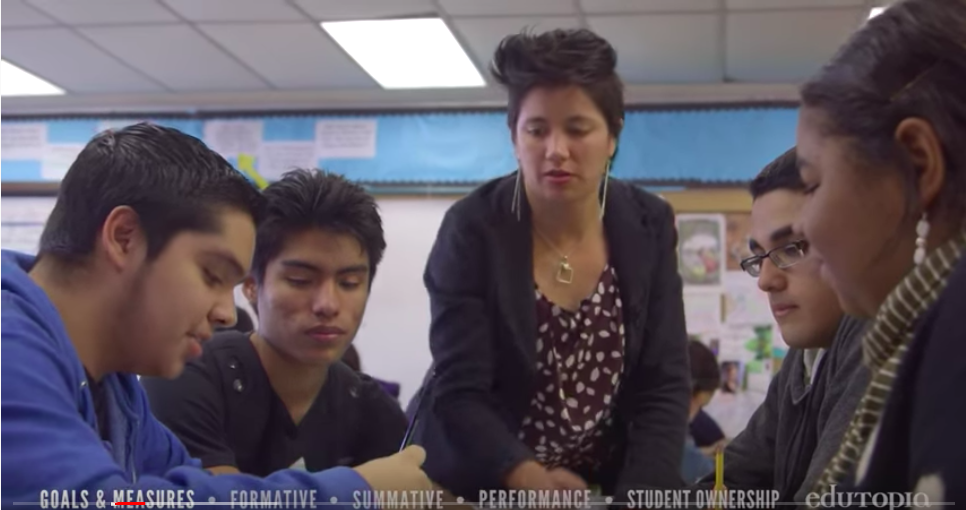Assessing Assessment
NEXTschool participants often find themselves ‘assessing assessment’. Excited about the trans-disciplinary model of teaching and learning, the focus on enhancing student engagement and preparing students for the world ahead, they wonder:
 How might we best assess student learning when individual subjects are regrouped into curricular clusters and students spend 20% of their time on community problem-solving initiatives?
How might we best assess student learning when individual subjects are regrouped into curricular clusters and students spend 20% of their time on community problem-solving initiatives?- How might NEXTschool teachers optimize their interdisciplinary, collaborative approach to provide evidence-based, holistic and authentic assessment of student progress?
- How might students play a more meaningful role in understanding and assessing their own learning and that of their peers?
- How might the Ministry exams be adapted to respond to the competency-based learning embedded in the NEXTschool model and already articulated in the Quebec curriculum?
The Quebec Education Program fortunately facilitates answers to some of these questions although much work needs to take place at all levels to realize its implementation. We can turn to further research and practice in other jurisdictions to get us started:
Ormiston Junior College, New Zealand
In a recent interview with the editors of LEARNing Landscapes, founder Luke Sumich summarizes his school’s innovative approach to assessment in the following remarks:
“… we have then said to the children: Ah, so at assessment time, how have you been doing? And what they have to do is come back and give evidence towards the criteria of [the] badge that says, ‘Here’s what I’ve been doing”. And they pitch back and they pitch back to their [advisory group] and their teachers and they say, “This is the badge that I’m going for. Here’s my evidence. Here’s my learning.” And they ask questions. And at the start, the kids ask questions, the teachers ask questions and they grade and self-mark and grade for themselves… in a traditional school we might have had a test, marked that and said “You got a B minus.” That feedback is horrid. There’s no self-assessment, there’s no peer assessment, there’s no eliciting of evidence. They actually might have asked for an essay and used that as the evidence and there’s no shared learning expectation. If you really want to see full learning, I think that coming back and being able to talk about, describe, show and a test too, with your peers and your teachers… I would call that probably quite innovative practice…. We’re still running the standardized testing for reading, writing, and math to ensure that our numbers are holding up, improving and getting better. And we’ve had some pretty outstanding results…”
Sumich, L. (2019). The Ormiston Philosophy: A Changing Education Paradigm. LEARNing Landscapes, 12(1), 39-45.
Five Keys to Comprehensive Assessment
 What if students were as familiar as their teachers are with the competencies they’re working to develop? How can we empower students to own their progress?
What if students were as familiar as their teachers are with the competencies they’re working to develop? How can we empower students to own their progress?
In this video, Stanford professor Linda Darling-Hammond shares her perspective on how to design formative, summative and performance assessments that give students more ownership over the process and in turn deepen their learning and their motivation to continue learning.
British Columbia has recently transformed its Provincial Graduation Assessment and Exams to be more learner-focused and flexible, with a focus on Big Ideas, Core Competencies and Learning Standards. They have instituted two literacy assessments (in grades 10 and 12) and one numeracy assessment (grade 10), all of which are cross-curricular and not specific to one course.
– For an overview of the changes in BC and their implementation, check out this document
– Click here for access to the full B.C. Graduation Assessment site
– To visualize an actual assessment, check out this numeracy sample here!
Do you have other ideas and resources to help our schools ‘assess assessment’ through the NEXTschool lens? Please send them our way at nextschool@learnquebec.ca
https://hosted.learnquebec.ca/nextschool/2019/11/07/assessing-assessment/NEXTschoolNEXTschool participants often find themselves ‘assessing assessment’. Excited about the trans-disciplinary model of teaching and learning, the focus on enhancing student engagement and preparing students for the world ahead, they wonder: How might we best assess student learning when individual subjects are regrouped into curricular clusters and students spend...lizfalco liz@lizfalco.caAdministratorNEXTSchool


